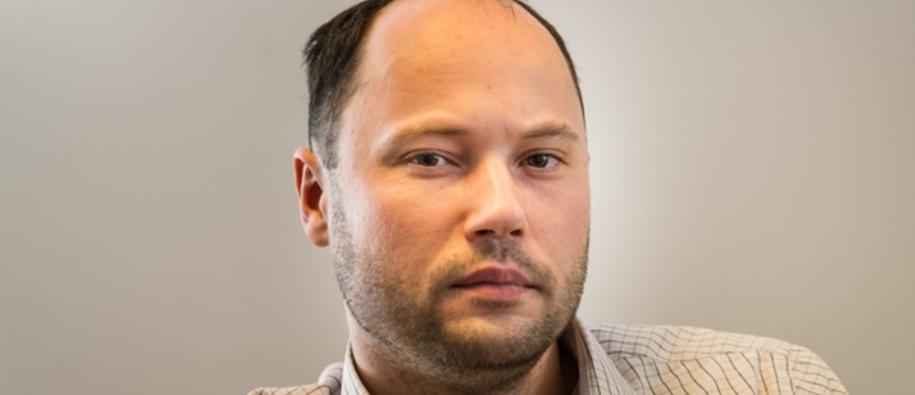With one of the highest imprisonment rates in Europe*, Latvian prisons are characterised by severe overcrowding and bad conditions. Not only does this undermine any successful attempts at rehabilitation, it can also increases the risk of re-offending. An underlying factor is the lack of alternatives to imprisonment and specific programmes for juvenile offenders.
To address these shortcoming, the Latvian state Probation Service has been working with three Norwegian partners - Ila Detention and Security Prison, Norwegian Mediation Service and Oslo Probation Service – to develop alternatives to imprisonment, introduce new methods of training for prison staff and establish specific programmes for juvenile offenders.
Electronic monitoring
In many European countries, the use of electronic monitoring has become an accepted alternative to imprisonment and a recognised solution that ensure successful attempts at rehabilitation and lower incarceration rates. The project is the first of its kind in Latvia, and as the public opinion still strongly favors imprisonment as a method of sanction, a ‘back door model’ was introduced in August 2015, facilitating a gradually lead from imprisonment to freedom.
This allows inmates who meet certain requirements to serve the remaining time at home, and was introduced both as a mean to overcome challenges connected with growing prison populations and prison overcrowding, to increase application of alternative sanctions and to increase focus on vulnerable groups in prison.
Support reintegration into society
“We only mandate electronic monitoring for prisoners who have served most of their prison sentence already, and we consistently use it as a mean to prepare them for release and life after prison. We have also introduced electronic monitoring for prisoners on leave, as an efforts to support reintegration into society,” explains Imants Jurevičius from the State Probation Service.
Currently, around 30 prisoners are under electronic monitoring, but several prisoners have already finished their sentence. In total, 84 prisoners have taken part in the electronic monitoring programme. Oslo Probation Service took part in the project’s initial phase, and shared experiences and guidance on how to establish a system for electronic monitoring that could be adapted to local conditions.
New methods introduced
The project has also worked to promote practices that ensure desistance from crime – especially among juvenile offenders. The Norwegian Mediation Service has shared knowledge and expertise with the Latvian partner on how to use mediation as a method of resolving or dealing with conflicts, especially in cases involving young offenders:
“Through the project we’ve traveled to different regions in Latvia and informed them about restorative thinking and mediation as a method of dealing with young offenders and difficult cases. We’ve worked together with the Latvian partner to train mediators, and it’s pleasing to see that the methods we have developed for communication and facilitation are just as relevant in Latvia,” says Gro Rossland from the Norwegian Mediation Service.
Changing attitudes
The Latvian State Probation Service has placed an emphasis on developing the capacities of prison staff and change their attitudes and behavior towards the prisoners. With help from Ila Detention and Security Prison in Norway, the staff has been introduced to motivational interviewing (MI) – a counselling approach aiming to motivate inmates to change their behavior and reduce the risk of re-offending.
“Motivational interviewing is all about helping to facilitate change. If we have managed to change prison staff’s attitudes towards inmates – and their attitudes towards human dignity – the project has been a success,” says Kjetil Nygård from Ila Detention and Security Prison.
Jurevičius from the State Probation Service underlines how the project has already made a significant difference:
"Through training, seminars and workshops we’ve worked together with Ila Detention and Security Prison to change prison staff’s attitudes towards inmates and create common values that can change the way prison staff meet inmates – and how they treat them. The most important thing is to teach the staff that they can make a difference by treating inmates better,” explains Jurevičius:
“With this project, we’ve introduced initiatives that will ensure that staff are better trained to do their job – and inmates are better equipped to reintegrate into society once released,” he concludes.
Read more about the project 'Alternatives to imprisonment'
Read more about the Latvian 'Correctional services' programme

